
Tanta: Egypt's Hidden Gem of Culture and History
Tanta, located in the heart of the Nile Delta, is a city teeming with culture, history, and charm. Known for its rich agricultural land, Tanta offers a unique glimpse into the daily lives of Egyptians away from the bustling tourist hubs of Cairo and Alexandria. The city's most famous landmark is the Tanta University, a beacon of higher education in the region. Every October, Tanta comes alive with the vibrant annual Moulid of Sayid Ahmed al-Badawi, one of the largest religious festivals in Egypt. Visitors can experience traditional Sufi music, dancing, and a carnival-like atmosphere that attracts people from all over the country. The city's markets, especially the grand Souq, offer an array of spices, textiles, and local crafts, providing a sensory feast for tourists. For those interested in history, Tanta is home to several impressive mosques and churches, reflecting the city's diverse religious heritage. The Tanta Museum is also a must-visit, showcasing artifacts from various periods of Egyptian history, including Pharaonic, Greco-Roman, and Islamic eras. With its welcoming locals and rich cultural tapestry, Tanta is a destination that promises an authentic Egyptian experience.
Local tips in Tanta
- Visit during the Moulid of Sayid Ahmed al-Badawi in October for an unforgettable cultural experience.
- Explore Tanta's markets for unique local crafts and spices.
- Don't miss the Tanta Museum to learn about the city's diverse history.
- Dress modestly when visiting religious sites out of respect for local customs.
- Try local delicacies such as 'halawet el-moulid' during festival times.
Tanta: Egypt's Hidden Gem of Culture and History
Tanta, located in the heart of the Nile Delta, is a city teeming with culture, history, and charm. Known for its rich agricultural land, Tanta offers a unique glimpse into the daily lives of Egyptians away from the bustling tourist hubs of Cairo and Alexandria. The city's most famous landmark is the Tanta University, a beacon of higher education in the region. Every October, Tanta comes alive with the vibrant annual Moulid of Sayid Ahmed al-Badawi, one of the largest religious festivals in Egypt. Visitors can experience traditional Sufi music, dancing, and a carnival-like atmosphere that attracts people from all over the country. The city's markets, especially the grand Souq, offer an array of spices, textiles, and local crafts, providing a sensory feast for tourists. For those interested in history, Tanta is home to several impressive mosques and churches, reflecting the city's diverse religious heritage. The Tanta Museum is also a must-visit, showcasing artifacts from various periods of Egyptian history, including Pharaonic, Greco-Roman, and Islamic eras. With its welcoming locals and rich cultural tapestry, Tanta is a destination that promises an authentic Egyptian experience.
When is the best time to go to Tanta?
Iconic landmarks you can’t miss
El Sayed Ahmad Albadawy Mosque
Discover the spiritual heart of Tanta at the magnificent El Sayed Ahmad Albadawy Mosque, a tribute to Islamic heritage and Sufi traditions.
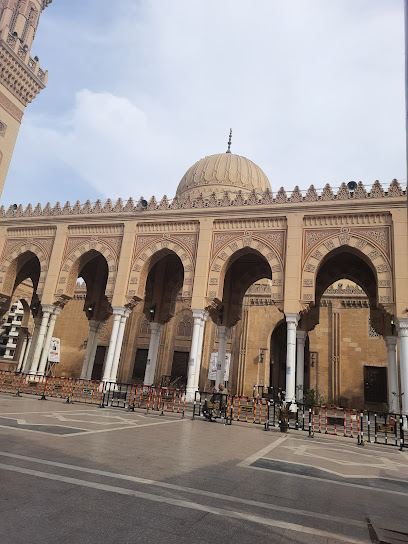
Tanta University
Explore Tanta University: A leading Egyptian institution with diverse programs and a vibrant campus in the heart of the Nile Delta.
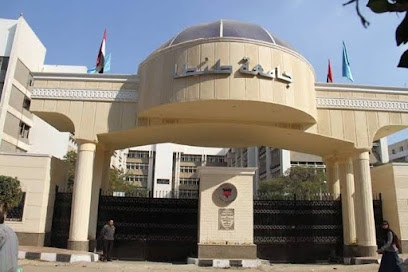
Tanta Museum
Discover 2,000 years of Egyptian history at Tanta Museum, from ancient pharaohs to the Islamic era. Explore artifacts and coins in Gharbia Governorate.
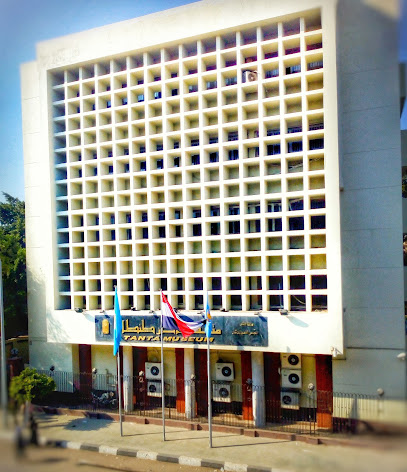
Memorial
Reflect and remember in the serene Tanta Memorial Park, a tranquil escape in the heart of the city.
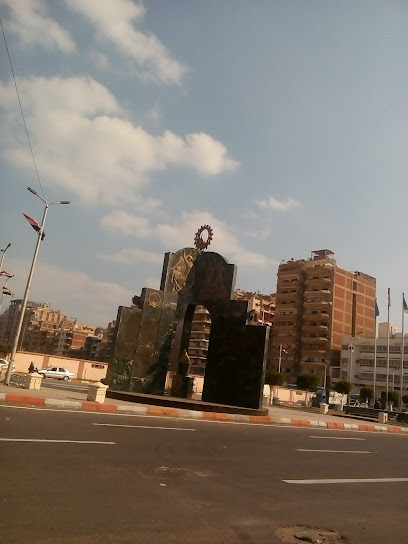
كنز الون بيس
Explore كنز اللون بيس, a captivating historical landmark in Second Tanta, Gharbia Governorate, where Egypt's rich culture and heritage come to life.

ميدان المحطة
Discover the vibrant cultural heart of Tanta at Midan Al-Mahatta, where history meets modern life in a picturesque town square.
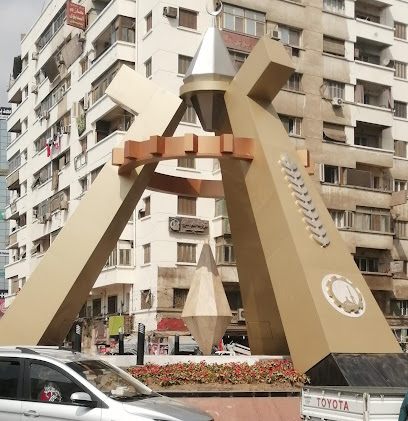
ميدان ستوته
ميدان ستوته: نقطة التقاء حيوية في قلب طنطا، حيث التاريخ يلتقي بالحياة العصرية، والوجهة المثالية لاستكشاف المدينة.
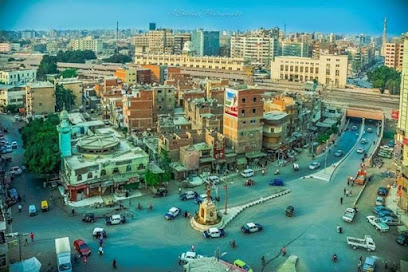
تمثال مشاهير فنانين طنطا
A tribute to Tanta's artistic legacy, celebrating the renowned artists of the Gharbia Governorate in a culturally rich setting.

ميدان المحافظة
Experience the vibrant heart of Tanta at Midan Al-Muhafaza, a bustling square where culture, history, and local life converge.

ميدان النادي
Experience the vibrant heart of Tanta at Midan El-Nadi, a bustling square filled with local culture, delicious street food, and a welcoming atmosphere.

كوبرى فاروق
Discover the charm of كوبرى فاروق in Tanta: A vibrant town square blending history, culture, and local Egyptian life.

ميدان الاسكندرية
Experience the vibrant heart of Tanta at Midan Alexandria, a bustling square filled with culture, shops, and local life.

ساحة الشهداء بطنطا
Experience the vibrant culture and rich history of Tanta at Martyrs' Square, a bustling hub in the heart of the city.

Unmissable attractions to see
Bridge Farouk Fountain
Explore the enchanting Bridge Farouk Fountain in Tanta, a historical masterpiece surrounded by vibrant local culture and stunning architecture.
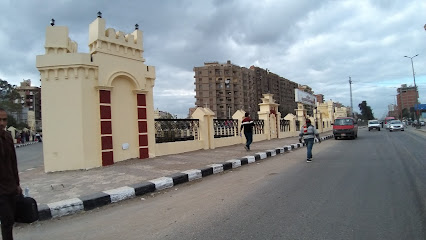
Tanta Museum
Explore the Tanta Museum in Egypt for a deep dive into the region's rich history and cultural heritage through captivating exhibits and artifacts.
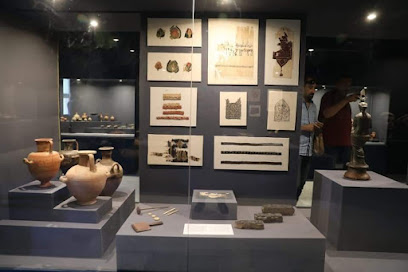
Sabel of alAhmadi
Explore the rich cultural heritage and architectural beauty of Sabel of alAhmadi, a must-visit tourist attraction in Tanta, Egypt.
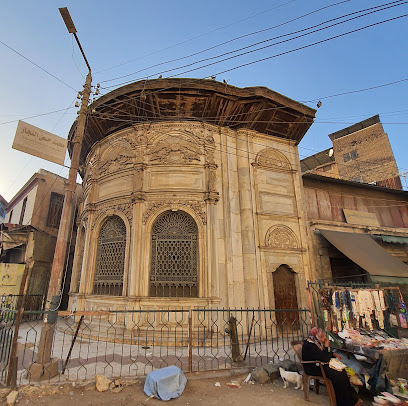
Memorial
Explore the Memorial Park in Tanta, a peaceful tribute to history amidst lush landscapes, perfect for reflection and relaxation.
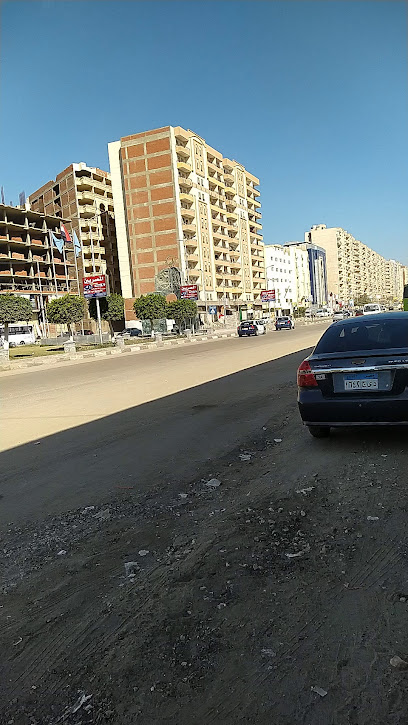
المفارق
Experience the charm of Al-Mafaraq, a historical gem in Tanta, offering a unique blend of culture, history, and local flavors in Egypt's Gharbia Governorate.
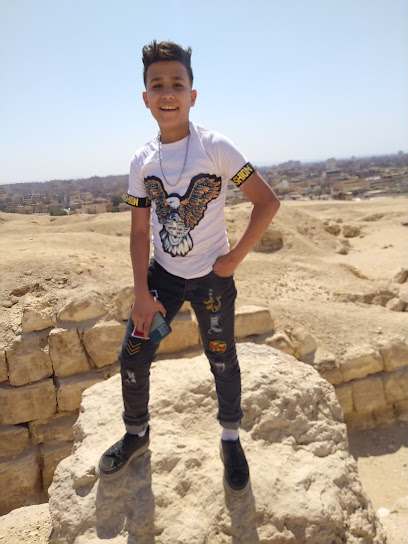
Billy Beez Mall of Tanta
Experience family fun and adventure at Billy Beez Mall of Tanta, the perfect destination for tourists seeking entertainment and leisure in Egypt.
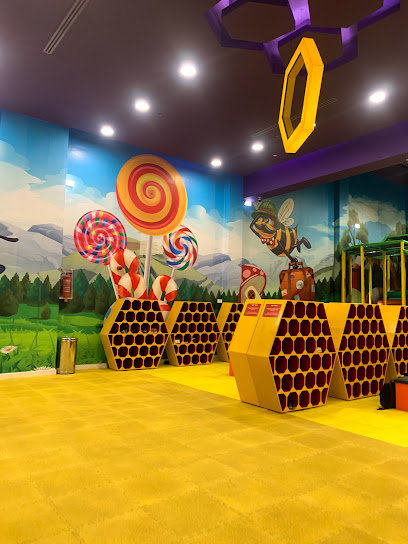
ميدان المشد
Discover the cultural richness and serene beauty of Midan El-Mashid, a must-visit tourist attraction in Tanta, Egypt, blending relaxation with local traditions.
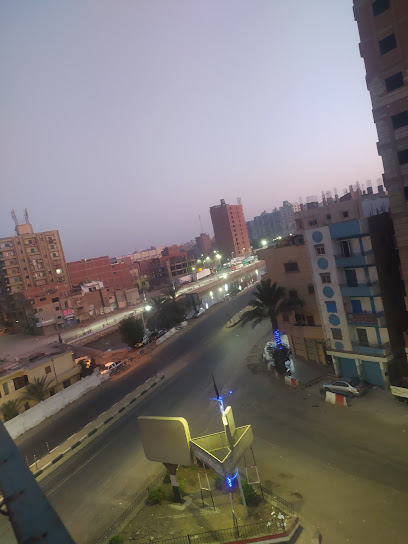
كفر عصام في طنطا
Explore the serene beauty and rich cultural heritage of Kafr Essam, a hidden gem in Tanta's Gharbia Governorate, perfect for an authentic Egyptian experience.

مزار شهداء طنطا الابرار
Explore the rich history and cultural significance of Martyrs of Tanta, a must-visit tourist attraction in Egypt's vibrant heart.
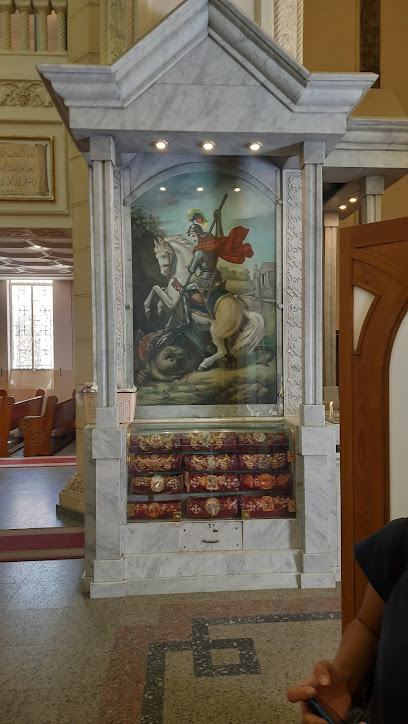
البواكي
Experience the cultural richness and culinary delights of Al-Bawaki in Tanta, a captivating tourist attraction in Gharbia Governorate, Egypt.
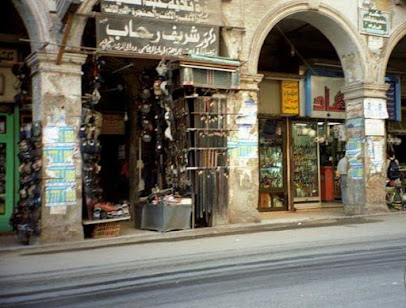
بيت جدتي
Discover the serene beauty of بيت جدتي Park in Tanta, a perfect escape for relaxation, picnics, and family fun amidst lush greenery.

Gomaa’s roof
Discover breathtaking views and authentic local culture at Gomaa's Roof, a must-visit tourist attraction in Tanta, Egypt.

(الخص) المركز التاريخي للقرمايه
Explore the Historic Center of Kafr Khedr in Tanta, a vibrant hub of Egyptian heritage with stunning architecture and local craftsmanship.

رادر
Experience the serene beauty of Rader Garden in Tanta, Egypt, a perfect escape into nature's tranquility and vibrant flora.

قصر عبدين
Explore Qasr Abdeen in Tanta, a hidden historical palace showcasing Egypt's rich architectural heritage and royal lifestyle.

Essential places to dine
McDonald's Tanta Branch
Experience quick and delicious meals at McDonald's Tanta Branch - where fast food meets local charm in Gharbia Governorate.
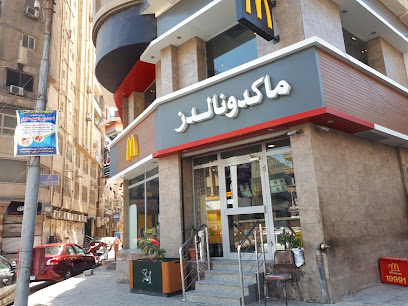
Toskanini Restaurant and Cafe
Discover the flavors of Japan at Toskanini Restaurant and Cafe in Tanta - an izakaya experience like no other!
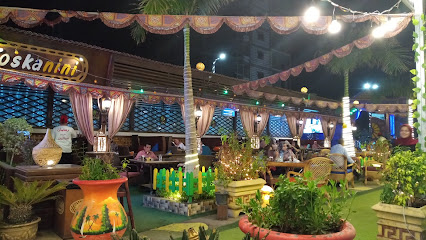
Stereo Restaurant And Cafe
Discover the fusion of Egyptian hospitality and Italian cuisine at Stereo Restaurant and Cafe in Tanta.
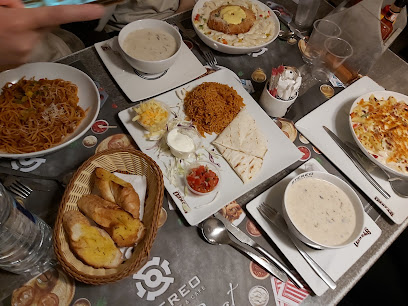
Ketchup Restaurant
Discover delicious fast food at Ketchup Restaurant in Tanta - where taste meets convenience!
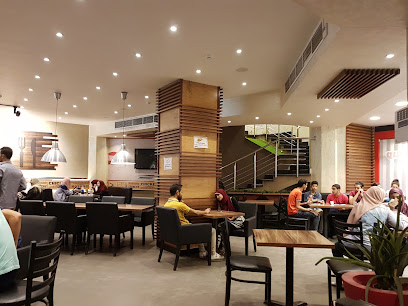
Zenhom Restaurant
Discover the essence of Egyptian flavors at Zenhom Restaurant in Tanta – a culinary gem offering authentic dishes that delight every palate.
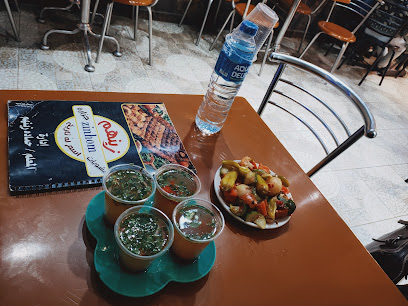
Raslan Restaurant
Experience authentic Egyptian flavors at Raslan Restaurant, Tanta's top destination for meat lovers seeking culinary delight.
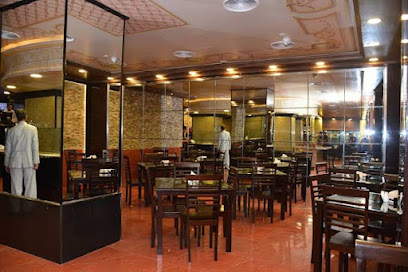
Meat Point
Experience the ultimate meat lover's destination at Meat Point in Tanta – where every dish is grilled to perfection!
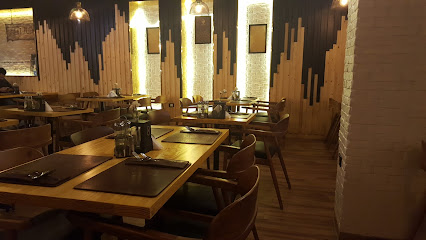
memo’s pizza
Experience the best pizza in Tanta at Memo's Pizza - where tradition meets taste in every slice.
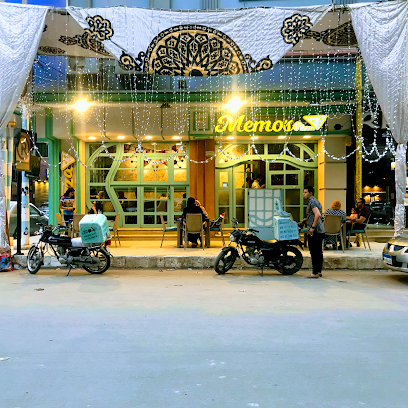
Hadramout Damascus
Experience authentic Egyptian meat dishes at Hadramout Damascus in Tanta – where flavor meets tradition in every bite.
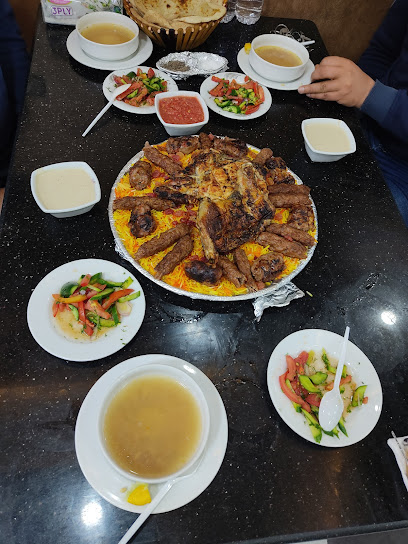
Welatain Restaurants
Discover authentic Egyptian cuisine at Welatain Restaurants in Tanta – where every bite tells a story.
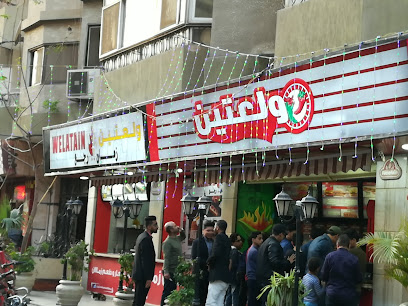
TAP
Discover TAP Cafe in Tanta: Where delicious breakfasts meet inviting ambiance for every traveler.
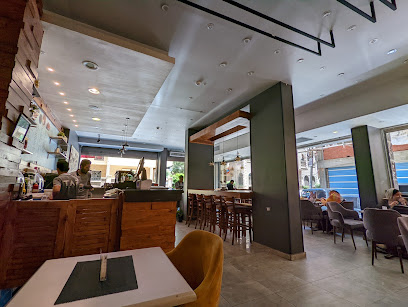
Elbaik Chicken Restaurant
Experience the essence of Egyptian cuisine at Elbaik Chicken Restaurant - home to irresistible flavors and delightful dining.
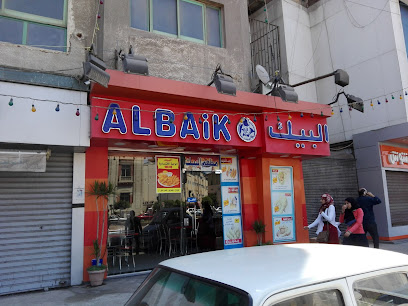
Premium BAKERY & CAFE
Discover the flavors of Tanta at Premium Bakery & Cafe – where delightful pastries meet cozy ambiance.
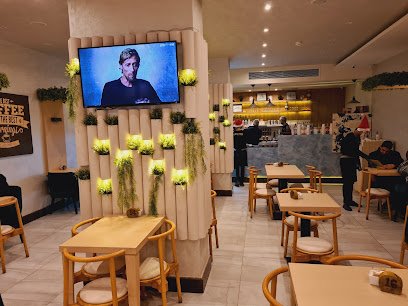
اسماك مصر شارع الحلو
Discover authentic Egyptian seafood at اسماك مصر شارع الحلو in Tanta – where every dish is a celebration of flavor.
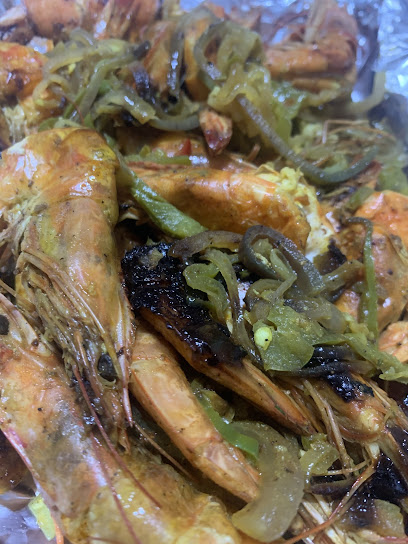
سوشي طنطا - Sushi Tanta
Discover authentic Japanese flavors at Sushi Tanta - where every roll is crafted with passion and precision.
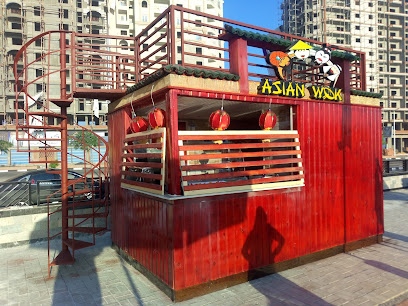
Markets, malls and hidden boutiques
Orouba Mall
Experience the ultimate shopping and dining adventure at Orouba Mall, Tanta's premier destination for all your retail needs.
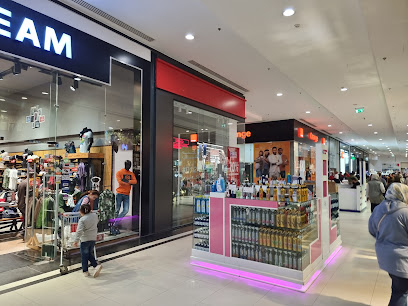
Home Decor by Samy Gallery
Explore the charm of Home Decor by Samy Gallery in Second Tanta, where antiques meet modern home goods for a unique shopping experience.
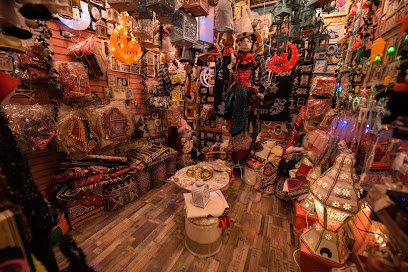
Kitty accessories & gifts
Explore a unique shopping experience at Kitty Accessories & Gifts, where cat lovers find everything from toys to stylish accessories in Tanta, Egypt.
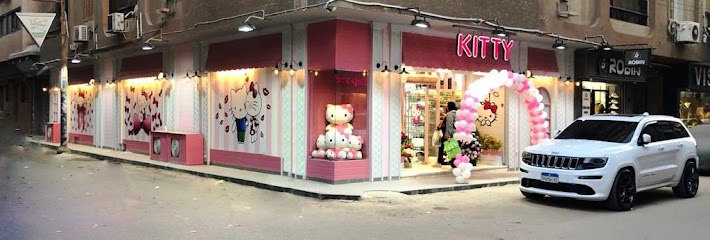
Africa Store Tanta
Explore the Africa Store in Tanta for stylish sportswear and unique clothing that embodies the spirit of local fashion.
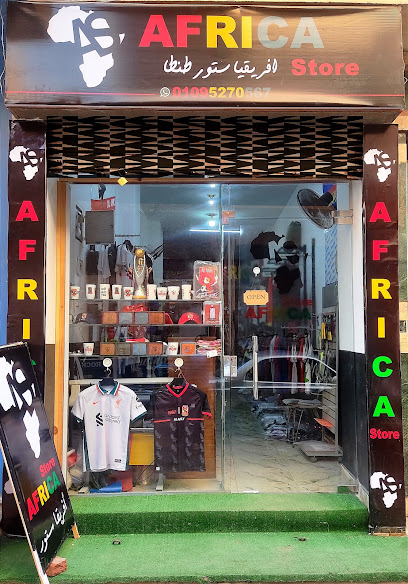
Tie Shop - Tanta outlet
Explore Tie Shop - Tanta Outlet for a wide range of exquisite ties and fashion accessories that elevate your style in the heart of Tanta.
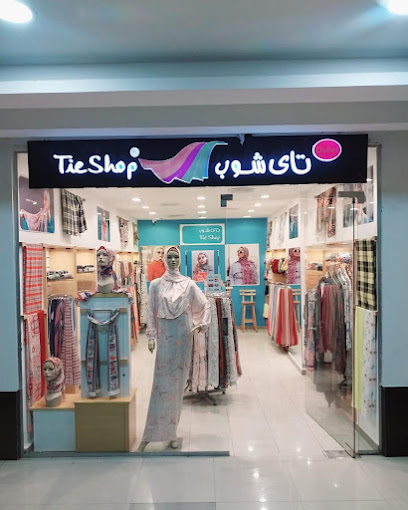
Print Shop-Tanta
Explore the colorful world of fabrics at Print Shop-Tanta, a treasure trove of Egyptian textiles in the heart of Tanta, perfect for all craft lovers.
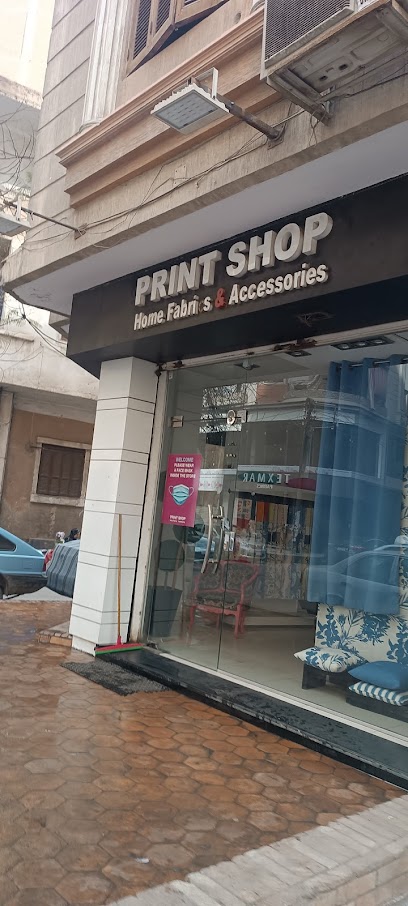
Tie Shop - Emaar Mall - Tanta
Explore the stylish world of ties and fashion accessories at Tie Shop in Emaar Mall, Tanta, where elegance meets affordability.
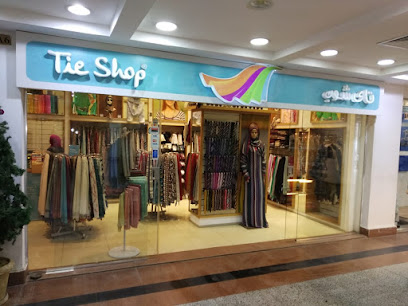
#كينج_ستور_طنطا_لتجارة_و_توزيع_الأدوات_المنزلية _ king_store#
Discover unique home goods and local treasures at King Store in Tanta – your go-to destination for quality products and unforgettable shopping.
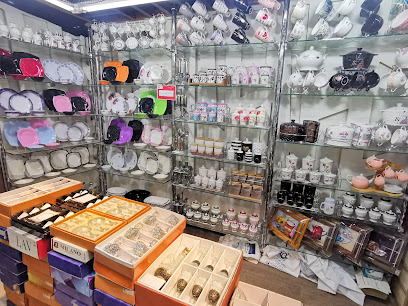
محلات لينا
Discover محلات لينا, a unique gift shop in Tanta, offering exquisite perfumes, stylish sunglasses, and elegant watches for an unforgettable shopping experience.
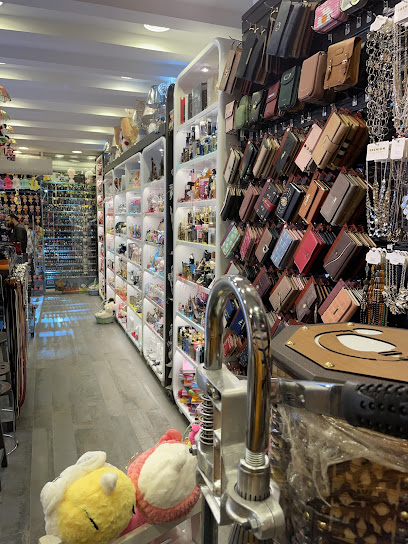
Koka store - ارخص محل فى مصر
Discover incredible bargains at Koka Store in Tanta, where shopping meets affordability and variety in a vibrant atmosphere.
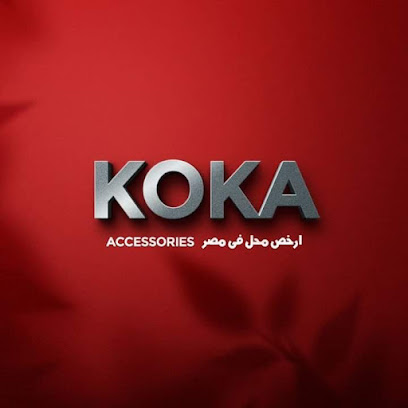
Unique
Discover Unique in Tanta: Where Local Fashion Meets Contemporary Style for the Perfect Shopping Experience.
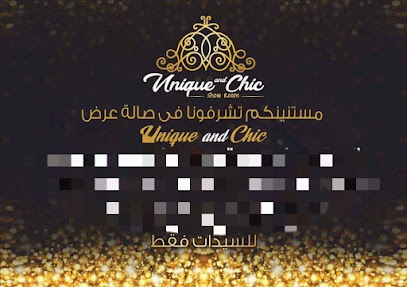
جاليري ڤينتدج للانتيكات Vintage Antiques
Uncover exquisite vintage treasures and unique antiques at Vintage Antiques Gallery in Tanta, a must-visit for collectors and history lovers.
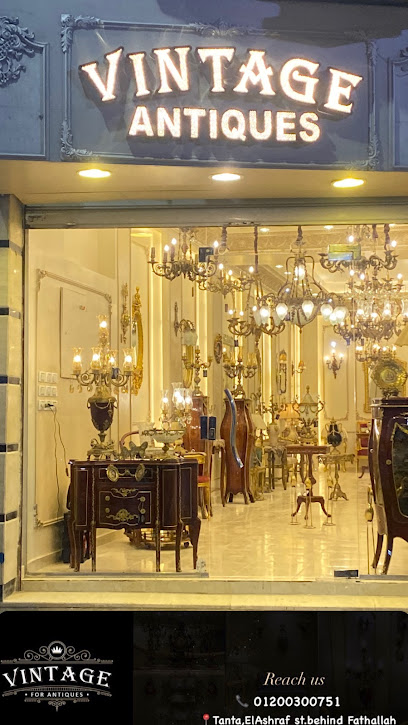
Tomato Stores Tanta توميتو ستورز طنطا
Explore Tomato Stores in Tanta for unique clothing that reflects the local style and vibrant culture of Egypt.
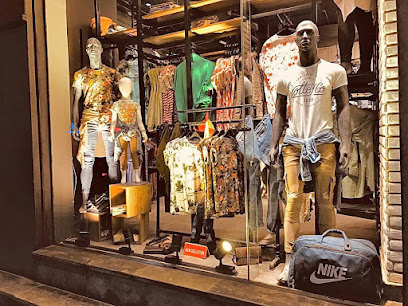
محلSnow White
Explore the vibrant offerings of Snow White Souvenir Store in Tanta, where unique Egyptian crafts await to be taken home.
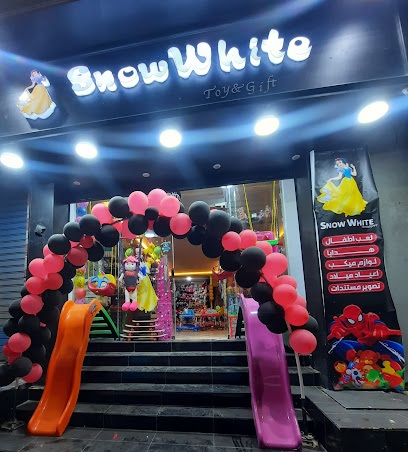
one2one
Explore one2one in Tanta for stylish men's clothing that blends modern trends with local flair, perfect for every occasion.
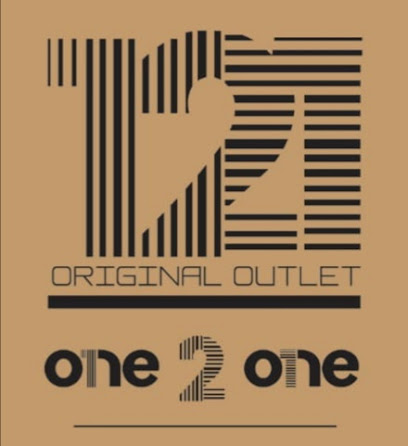
Essential bars & hidden hideouts
Meat Point
Discover Meat Point in Tanta: A family-friendly steakhouse offering delicious meat dishes in a warm, inviting atmosphere.
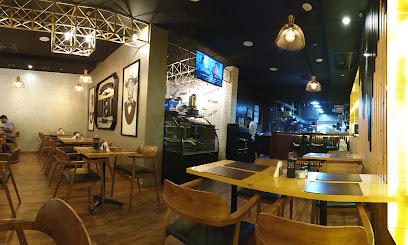
TAP
Experience the charm of TAP Cafe in Tanta, where delicious breakfasts meet a cozy atmosphere, perfect for every traveler.
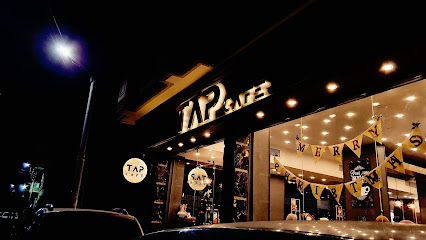
Maguro - Sushi bar
Experience authentic Japanese sushi at Maguro in Tanta, where freshness meets tradition in every delicious bite.
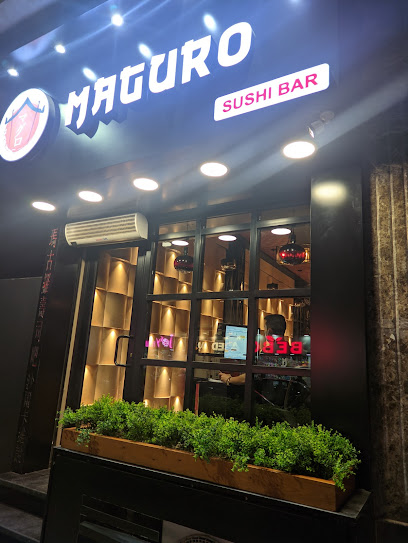
Black & white Chocolate bar
Discover the exquisite flavors of handcrafted chocolates and delightful desserts at Black & White Chocolate Bar in Tanta.
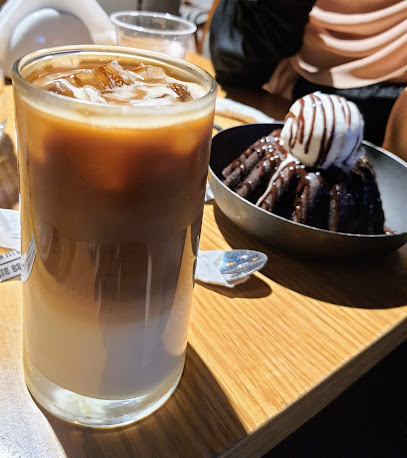
العصارة
Immerse yourself in Tanta's nightlife at العصارة, a vibrant bar offering a unique blend of drinks and local culture for an unforgettable experience.

Sugar Daddy Official
Experience the vibrant nightlife of Tanta at Sugar Daddy Official, a lively bar and café offering delicious drinks and snacks in a welcoming atmosphere.

قهوتك علي الطريق
Discover the vibrant cocktail culture at قهوتك علي الطريق in Tanta, where every sip tells a story of flavor and festivity.
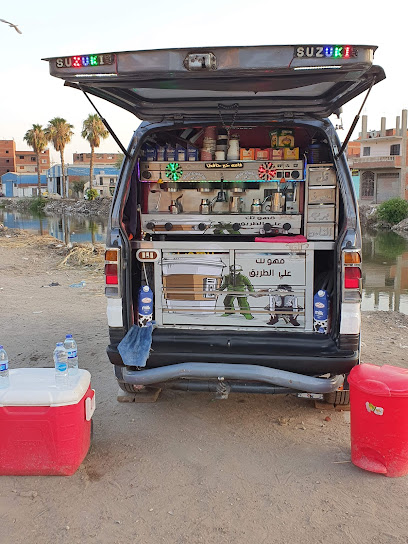
كرفان آدم
Experience the lively nightlife at كرفان آدم, a unique bar in Tanta, Gharbia Governorate, blending local culture with a vibrant atmosphere.

البستان الحديد والبويات
Discover the lively ambiance of Al Bustan Pub in Tanta, where local culture meets refreshing drinks and unforgettable experiences.

crazy juise
Experience the vibrant flavors of ciders at Crazy Juice, a must-visit cider bar in Second Tanta, perfect for a refreshing escape.
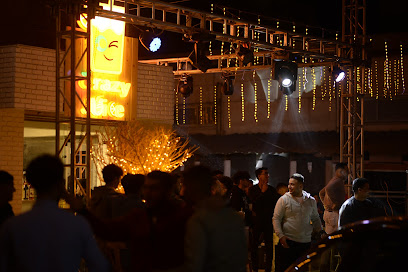
حسام حسن
Discover the vibrant atmosphere of Hossam Hassan in Tanta, where delightful drinks and local culture come together for an unforgettable experience.

Hh
Experience the vibrant nightlife of Tanta at this cozy bar, where local culture meets a relaxed atmosphere for a memorable night out.

عصائر المدينة المنورة
Discover the refreshing delight of عصائر المدينة المنورة in First Tanta, where vibrant juices meet a lively atmosphere, perfect for rejuvenation.

Ego Take Away Café
Experience the vibrant atmosphere and local flavors at Ego Take Away Café in Tanta, Gharbia Governorate, a must-visit for every traveler.
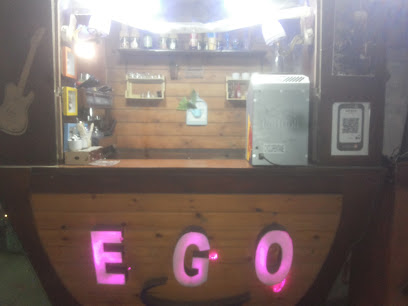
Local Phrases
-
- Helloمرحبا
[marhaba] - Goodbyeوداعا
[wadaa'an] - Yesنعم
[naam] - Noلا
[la] - Please/You're welcomeمن فضلك / على الرحب والسعة
[min fadlak / 'ala al-rahb was-sa'ah] - Thank youشكرا
[shukran] - Excuse me/Sorryعذرا
[udhran] - How are you?كيف حالك؟
[kayfa halak?] - Fine. And you?بخير. وأنت؟
[bikhayr. wa'ant?] - Do you speak English?هل تتحدث الإنجليزية؟
[hal tatahadath al-ingliziyya?] - I don't understandأنا لا أفهم
[ana la afham]
- Helloمرحبا
-
- I'd like to see the menu, pleaseأريد رؤية القائمة، من فضلك
[urid ru'ya al-qaimah, min fadlak] - I don't eat meatأنا لا آكل اللحم
[ana la akl al-lahm] - Cheers!في صحتك!
[fi sahtak!] - I would like to pay, pleaseأود أن أدفع، من فضلك
[awad an adfa', min fadlak]
- I'd like to see the menu, pleaseأريد رؤية القائمة، من فضلك
-
- Help!النجدة!
[an-najdah!] - Go away!انصرف!
[ansraf!] - Call the Police!اتصل بالشرطة!
[itassal bish-shurta!] - Call a doctor!اتصل بطبيب!
[itassal bitabib!] - I'm lostلقد ضللت
[laqad dalalt] - I'm illأنا مريض
[ana mareed]
- Help!النجدة!
-
- I'd like to buy...أريد شراء...
[urid shira...] - I'm just lookingأنا فقط أتطلع
[ana faqat atatalla] - How much is it?بكم؟
[bi kam?] - That's too expensiveهذا غالي جدا
[hatha ghali jiddan] - Can you lower the price?هل يمكنك تخفيض السعر؟
[hal yumkinuk takhfid as-sa'r?]
- I'd like to buy...أريد شراء...
-
- What time is it?كم الساعة؟
[kam as-sa'ah?] - It's one o'clockالساعة الواحدة
[as-sa'ah al-wahidah] - Half past (10)نصف العاشرة
[nisf al-ashirah] - Morningالصباح
[as-sabah] - Afternoonالظهر
[adh-dhuhr] - Eveningالمساء
[al-masa'] - Yesterdayأمس
[ams] - Todayاليوم
[al-yawm] - Tomorrowغدا
[ghadan] - 1واحد
[wahid] - 2اثنين
[ithnayn] - 3ثلاثة
[thalatha] - 4أربعة
[arba'ah] - 5خمسة
[khamsah] - 6ستة
[sittah] - 7سبعة
[sab'ah] - 8ثمانية
[thamaniah] - 9تسعة
[tis'ah] - 10عشرة
[asharah]
- What time is it?كم الساعة؟
-
- Where's a/the...?أين ال...؟
[ayn al...?] - What's the address?ما هو العنوان؟
[ma huwa al-‘anwan?] - Can you show me (on the map)?هل يمكنك أن تريني (على الخريطة)؟
[hal yumkinuk an tarini (‘ala al-kharitah)?] - When's the next (bus)?متى يأتي الحافلة التالية؟
[mata ya'ti al-hafilat al-taliyah?] - A ticket (to ....)تذكرة (إلى...)
[tazkirah (‘ila...)]
- Where's a/the...?أين ال...؟
History of Tanta
-
Tanta, known in ancient times as Sebennytos, was a prominent town during the Greco-Roman period. It was an important center of administration and commerce due to its strategic location in the Nile Delta.
-
During the Islamic conquest of Egypt in the 7th century, Tanta became an integral part of the newly formed Islamic state. The city saw the construction of mosques and madrasas, establishing its importance as a religious and educational center.
-
In the 13th century, Tanta gained significant religious importance with the arrival of Al-Sayyid Ahmad al-Badawi, a revered Sufi saint. His tomb in Tanta became a major pilgrimage site, attracting thousands of visitors every year.
-
Under Ottoman rule, Tanta continued to thrive as a regional center. The city was known for its bustling markets and vibrant trade. Ottoman architecture, including mosques and public baths, dotted the cityscape.
-
Tanta is renowned for its annual Moulid of Ahmed al-Badawi, one of the largest religious festivals in Egypt. The festival features Sufi dancing, traditional music, and a large market, reflecting the rich cultural heritage of the city.
-
In the 19th and 20th centuries, Tanta underwent significant modernization. The introduction of railways and other infrastructure developments boosted the city's economy. Tanta University, established in the mid-20th century, became a major educational institution in the region.
-
Tanta is home to several cultural landmarks, including the Tanta Museum, which houses a collection of antiquities and artifacts from various periods of Egypt's history. The city also boasts beautiful gardens and parks, offering a glimpse into its rich cultural fabric.
Tanta Essentials
-
Tanta is located in the Gharbia Governorate of Egypt, approximately 94 kilometers north of Cairo. The nearest international airport is Cairo International Airport (CAI). From Cairo, you can take a train from Ramses Station to Tanta, with the journey typically taking around 1.5 to 2 hours. Alternatively, you can take a bus or hire a taxi for a more direct route.
-
Tanta has a variety of transportation options. Taxis are readily available and are a convenient way to get around. There are also public buses and minibuses (microbuses) that operate within the city and connect to nearby towns. For a more local experience, you can use tuk-tuks for short distances. Renting a car is another option but be prepared for congested traffic and local driving habits.
-
The official currency in Egypt is the Egyptian Pound (EGP). Credit cards are accepted in most hotels, restaurants, and larger stores, but it is advisable to carry cash for smaller purchases, especially in local markets. ATMs are widely available in Tanta, so you can withdraw cash as needed.
-
Tanta is generally safe for tourists, but it is important to take standard precautions. Avoid walking alone at night in unfamiliar areas and be cautious of your belongings in crowded places. Some neighborhoods, such as those near the railway station, may have higher crime rates targeting tourists. It is advisable to stay vigilant and avoid displaying valuables openly.
-
In case of an emergency, dial 122 for the police, 123 for medical emergencies, and 180 for the fire department. Tanta has several hospitals and medical facilities that can provide emergency care. It is recommended to have travel insurance that covers medical emergencies. For minor health issues, pharmacies are available throughout the city where you can purchase over-the-counter medications.
-
Fashion: Do dress modestly, especially when visiting religious sites. Avoid wearing revealing clothing. Religion: Do respect local customs and traditions. Always cover your head when entering mosques. Public Transport: Do be respectful and give up your seat to elderly passengers. Don't eat or drink on public transport. Greetings: Do greet people with a handshake. A friendly 'As-Salamu Alaykum' (peace be upon you) is also appreciated. Eating & Drinking: Do try local delicacies and accept food offerings graciously. Don't refuse hospitality, as it is considered impolite.
-
To experience Tanta like a local, visit the local markets (souqs) where you can buy fresh produce and traditional Egyptian goods. Engage with locals, as they are often friendly and willing to share stories about the city's history and culture. Don't miss the annual Moulid of Sayid Ahmed Al-Badawi, a significant religious festival that attracts visitors from all over Egypt. For a unique experience, visit the Tanta Museum to learn about the city's rich history and archaeological finds.
Nearby Cities to Tanta
-
Things To Do in Zagazig
-
Things To Do in Cairo
-
Things To Do in Damietta
-
Things To Do in Alexandria
-
Things To Do in Ismailia
-
Things To Do in Port Said
-
Things To Do in Suez
-
Things To Do in Beni Suef
-
Things To Do in Minya
-
Things To Do in Beersheba
-
Things To Do in Ashdod
-
Things To Do in Jaffa
-
Things To Do in Holon
-
Things To Do in Tel Aviv
-
Things To Do in Ramat Gan





